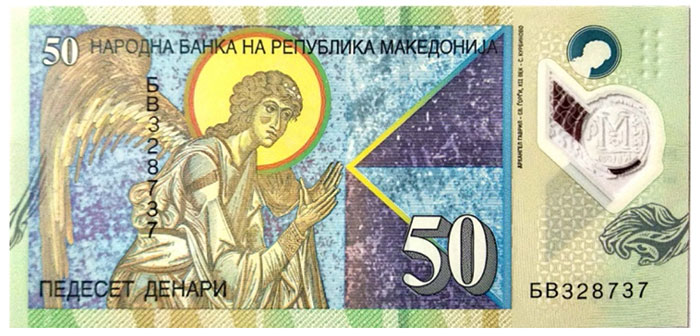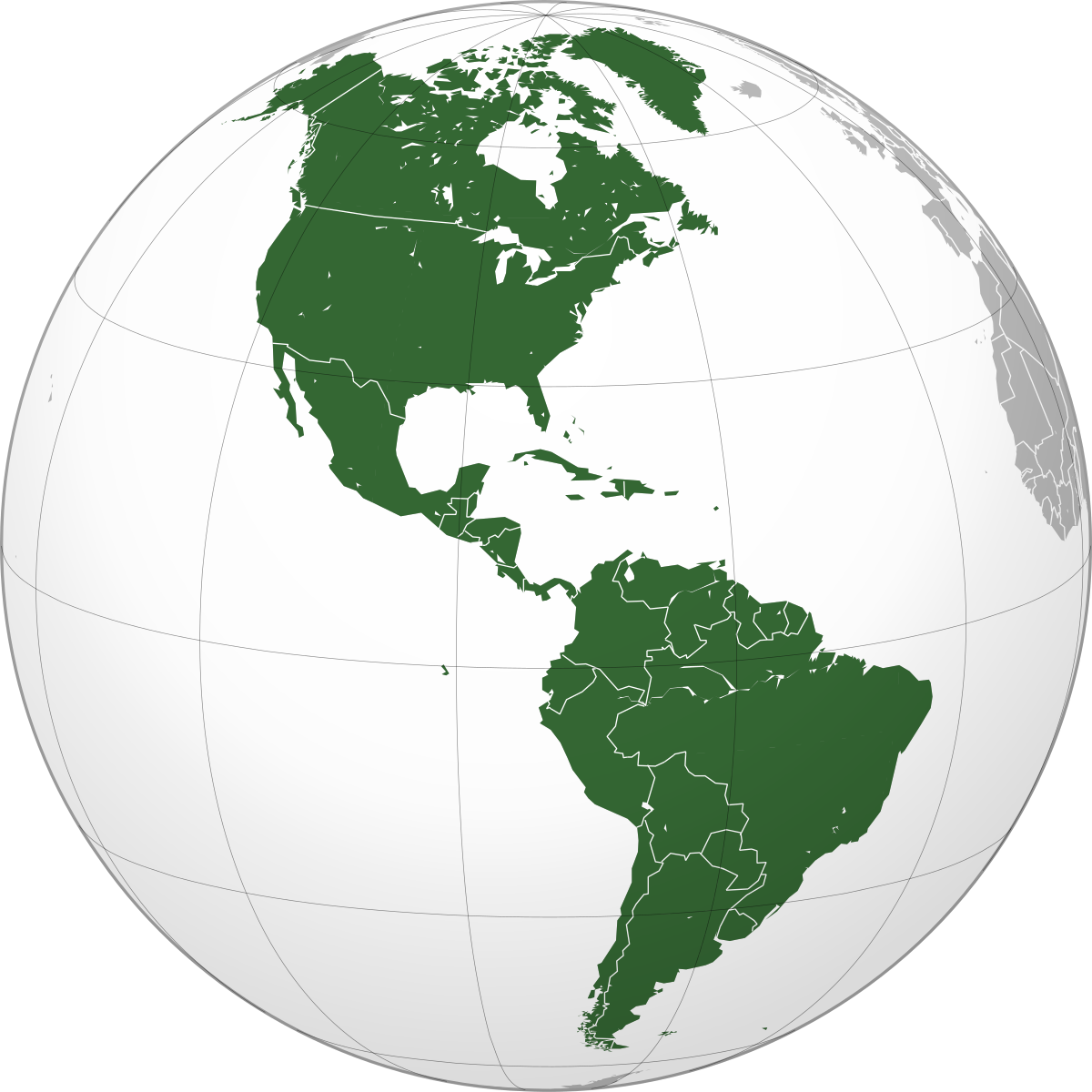
This banknote with an icon like image and a imperial coin would appear as if it, was a provincial legal banknote of a surviving/recreated Byzantine Empire, transitioning from coins to bank notes...
Last edited:



Just watched RRR on Netflix. It ends with a 1930s Indian revolutionary who spent years infiltrating the Indian Army (and his best friend) assassinating the 'governor' (implied to be the Governor-General of India), blowing up the giant gubernatorial mansion, and stealing a bunch of Lee-Enfields to arm all of his revolutionary friends. What's more, he did this because the governor randomly kidnapped a little girl, which is presumably going to come out in the inquiries into this disaster.
There's going to be a gigantic political controversy in England about all this; not to mention the risk of violent insurrection in India.
On top of that, the fact that the Indian Army had a prominent infiltrator who used his position to steal a bunch of rifles for revolutionary purposes is definitely going to lead to the British Army trying to limit the number and influence of new Indian officers. Come WW2, the Indian Army is going to start with a massive officer shortage, before it begins trying to expand. Butterflies abound!
I mean, the film also has Alluri Sitarama Raju and Komaran Bheem as basically superheroes.So Ram is pretty much a modern reincarnation of Rama, right. Like spiritually if not literally. He and Bheem are going to double handedly destroy the British Empire.
also, this really is alternate history
The British somehow have Brazil, Ethiopia, Libya, and Congo(?) but not New Zealand, Belize, South Africa, or Guyana. I guess the Scramble for Africa took some odd turns and God knows what happened with colonialism in the New World.So Ram is pretty much a modern reincarnation of Rama, right. Like spiritually if not literally. He and Bheem are going to double handedly destroy the British Empire.
also, this really is alternate history
Also the whole skirmish over the actual Fountain of Youth...Age of Empires IIII has some weird implications. The third act of the campaign has companies bidding for the contract to build the transcontinental railroad, while Simon Bolivar is fighting the Spanish. The U.S. Army also skirmishes with Mexicans, along the Rio Grande judging by the campaign map. The second act also had an Imperial Russian army marching to attack the Thirteen Colonies during the Seven Years War, across the Rockies, no less.
The U.S. also lands troops in Cuba to finish off the Circle of Ossus at the end. That might not go over to well with Spain, to say the least. Speaking of which, a secret society obsessed with the Fountain of Youth (and possibly world conquest, their goals aren't very clear) has been manipulating events from behind the scenes the whole time.Also the whole skirmish over the actual Fountain of Youth...
There was also the Knights of Malta going to the New World and fighting not just the Ottoman Admiral that pursued them, but also pirates and the Spanish. The Spanish are going to be irate as the Maltese Knights not only fought the Spanish forces but robbed the Spanish treasure fleet also.The U.S. also lands troops in Cuba to finish off the Circle of Ossus at the end. That might not go over to well with Spain, to say the least. Speaking of which, a secret society obsessed with the Fountain of Youth (and possibly world conquest, their goals aren't very clear) has been manipulating events from behind the scenes the whole time.
There was also the Knights of Malta going to the New World
